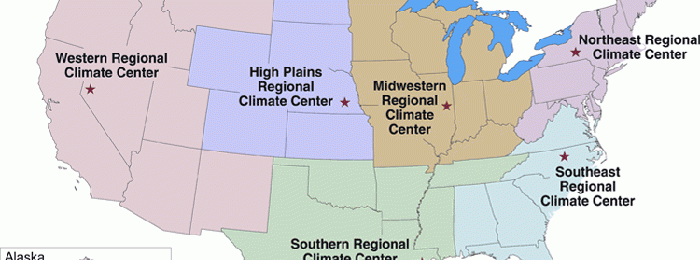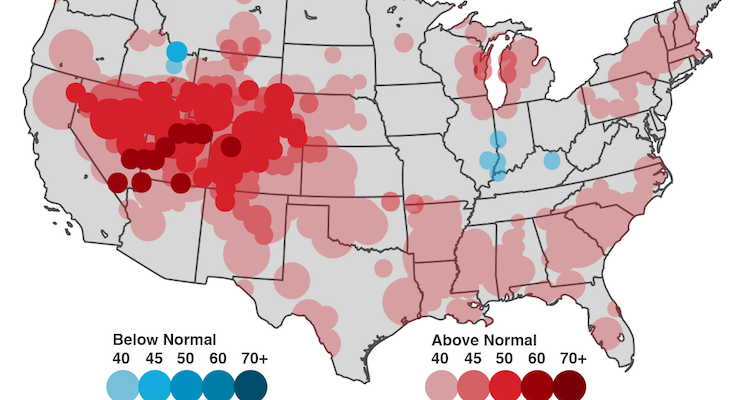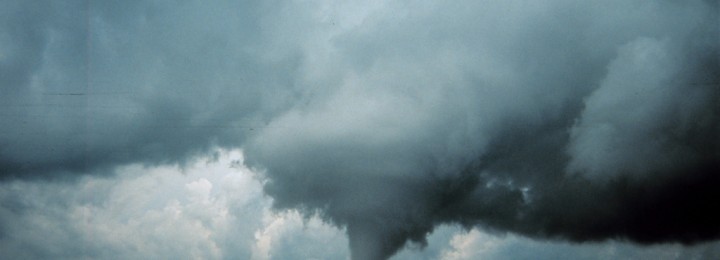-

In the FY 2018 budget submitted to Congress, program funding for the Regional Climate Centers (RCC) was reduced by 82%. With this reduced level of funding the RCCs will not be able to respond to customer phone requests, collect current weather and climate information, and provide an active website that includes value-added climate information and…
-

Dr. Jeff Masters of Weather Underground has a discussion today about climate conditions for the upcoming summer based on the latest forecast from Columbia University’s International Research Institute for Climate and Society. It shows that parts of the US, particularly the intermountain west including Denver and Salt Lake City have the highest chance of above…
-

It’s no surprise that weather has a big effect on crop development this time of year. The floods in the Midwest have been particularly bad for farmers, but other regions have also experienced impacts from frost and other extreme weather. Here is a sampling of recent stories I have read that caught my eye. AgWeb:…
-

The Southeast Farm Press posted a story this week by Brad Haire on a long-lived alfalfa plot growing in south Georgia at the Sunbelt Ag Expo Darrell Williams Research Farm. Contrary to popular belief, alfalfa can not only grow but thrive in the region, especially as new varieties adapted to local conditions come to market.…
-

NASA reported that during the time period from 2002 to 2016, the continent of Antarctica lost 125 gigatons of ice as measured by the GRACE satellite instrument. The sea level rise from this ice loss amounts to 0.35 millimeters per year according to their report. While this might not seem like much, ice loss is…
-

EarthSky posted a short article this week about the top five questions meteorologists get asked about tornadoes. While many parts of the US experience their peak tornado season in May or June, in the Southeast we can and do get tornadoes any month of the year, so it is especially important to know what to…
-

As a meteorologist, I hear frequent jokes about having a job where you can be wrong most of the time and still get paid. It might surprise you to know that weather forecasts have improved dramatically in recent years due to a combination of more observations (mostly from satellites), larger and improved computer models, and…